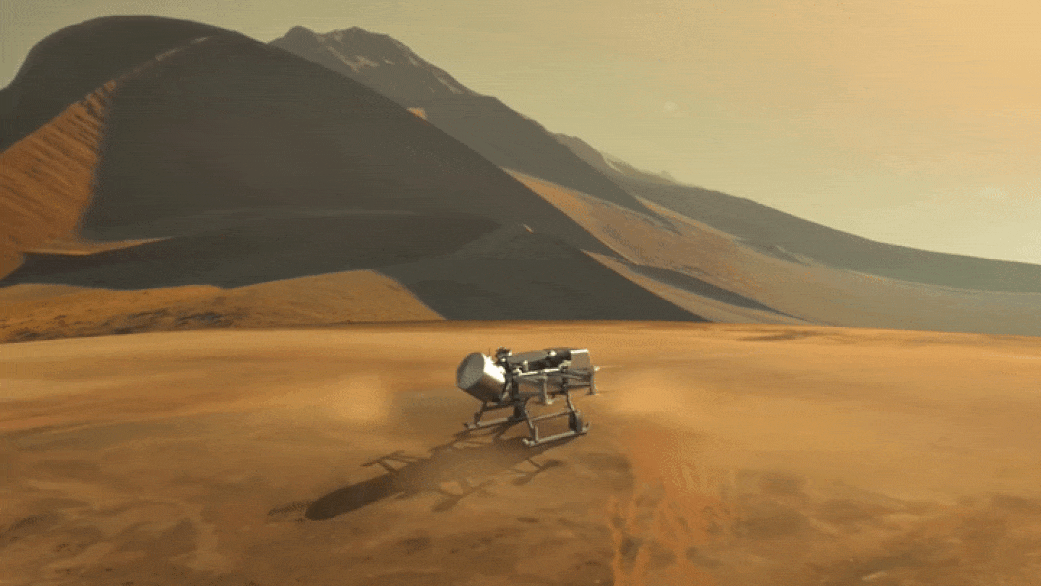Twenty-five years ago, humanity first witnessed a collision between a comet and a planet. From July 16 to 22, 1994, enormous pieces of the comet Shoemaker-Levy 9 (SL9), discovered just a year prior, crashed into Jupiter over several days, creating huge, dark scars in the planet’s atmosphere and lofting superheated plumes into its stratosphere.
Diving into cold water can be deadly – here’s how to survive it
Many will have read the news story about the sad death of Cameron Gosling who died from cold water shock after jumping into the River Wear on a hot summer’s day. Sadly, Cameron’s death is not an isolated case. About 400 people die annually in the UK as a result of being immersed in cold water – more than die from cycling accidents or fire. Most of the casualties are males under 30 years of age, and most are reported to be good swimmers.
Amazing discovery of smallest exoplanet ever!
Why plants don’t die from cancer
Chernobyl has become a byword for catastrophe. The 1986 nuclear disaster, recently brought back into the public eye by the hugely popular TV show of the same name, caused thousands of cancers, turned a once populous area into a ghost city, and resulted in the setting up of an exclusion zone 2600km² in size.
NASA's Revolutionary Dragonfly Will Fly Around Titan Looking for Origins, Signs of Life!
Accelerating exoplanet discovery using chemical fingerprints of stars
Stars are born when huge clouds of dust and gas collapse in on themselves and ignite. These clouds are made up of raw elements, like oxygen and titanium, and each cloud has a unique composition that imprints on the star. And within the stellar afterbirth – from the material that didn’t find its way into the star – planets are formed.
Lakes on Titan Might Have Exotic Crystals Encrusted Around Their Shores
Titan is a mysterious, strange place for human eyes. It’s a frigid world, with seas of liquid hydrocarbons, and a structure made up of layers of water, different kinds of ice, and a core of hydrous silicates. It may even have cryovolcanoes. Adding to the odd nature of Saturn’s largest moon is the presence of exotic crystals on the shores of its hydrocarbon lakes.
From miniature satellites to giant sun shields – the extreme technology transforming space engineering
This year marks the 50th anniversary of the first Apollo moon landing. This was possible thanks to an extraordinary acceleration of space technology. Within a remarkably short period of time leading up to the event, engineers had mastered rocket propulsion, on-board computing and space operations, partially thanks to an essentially unlimited budget.
Sydney declares a climate emergency – what does that mean in practice?
Late on Monday night, the City of Sydney became the first state capital in Australia to officially declare a climate emergency. With climate change considered a threat to human life, Sydney councillors unanimously supported a motion put forward by Lord Mayor Clover Moore to mobilise city resources to reduce carbon emissions and minimise the impact of future change.
Hubble is the Ultimate Multitasker: Discovering Asteroids While it’s Doing Other Observations
People living in rural areas may be at lower risk of Alzheimer’s disease
Nine things that can affect whether you get dementia – and what you can do about them
Biodiversity helps coral reefs thrive – and could be part of strategies to save them
Is your home making you sick?
Curiosity Sniffs a Spike in Methane. Could it be a Sign of Life?
Since it landed on Mars in 2012, one of the main scientific objectives of the Curiosity rover has been finding evidence of past (or even present) life on the Red Planet. In 2014, the rover may have accomplished this very thing when it detected a tenfold increase in atmospheric methane in its vicinity and found traces of complex organic molecules in drill samples while poking around in the Gale Crater.
Hubble Finds Tiny “Electric Soccer Balls” in Space, Helps Solve Interstellar Mystery
We probed Santorini’s volcano with sound to learn what’s going on beneath the surface
The island of Santorini in the Mediterranean has attracted people for millennia. Today, it feels magical to watch the sun set from cliffs over the deep bay, surrounded by cobalt blue churches and whitewashed houses. This mystical place attracts about 2 million tourists per year, making it one of the top destinations in Greece.
Six amazing facts you need to know about ants!
Majority of people return lost wallets – here’s the psychology and which countries are the most honest
Honesty is one of the traits we value most in others. We often assume it is a rather rare quality, making it important for us to find out who we can actually trust in this selfish world. But according to new research, there’s no need to be so cynical – it turns out most people in the world are honourable enough to return a lost wallet, especially if it contains a lot of cash.


















